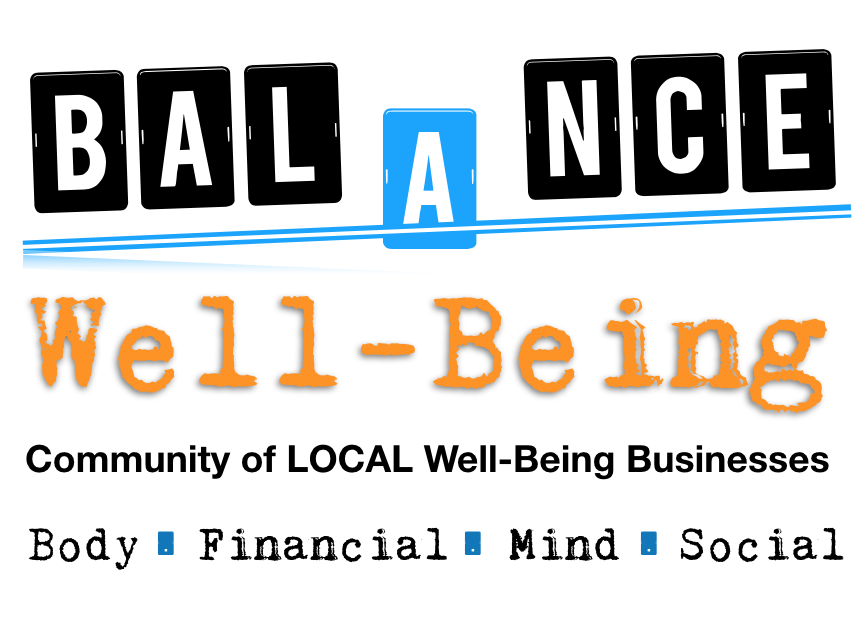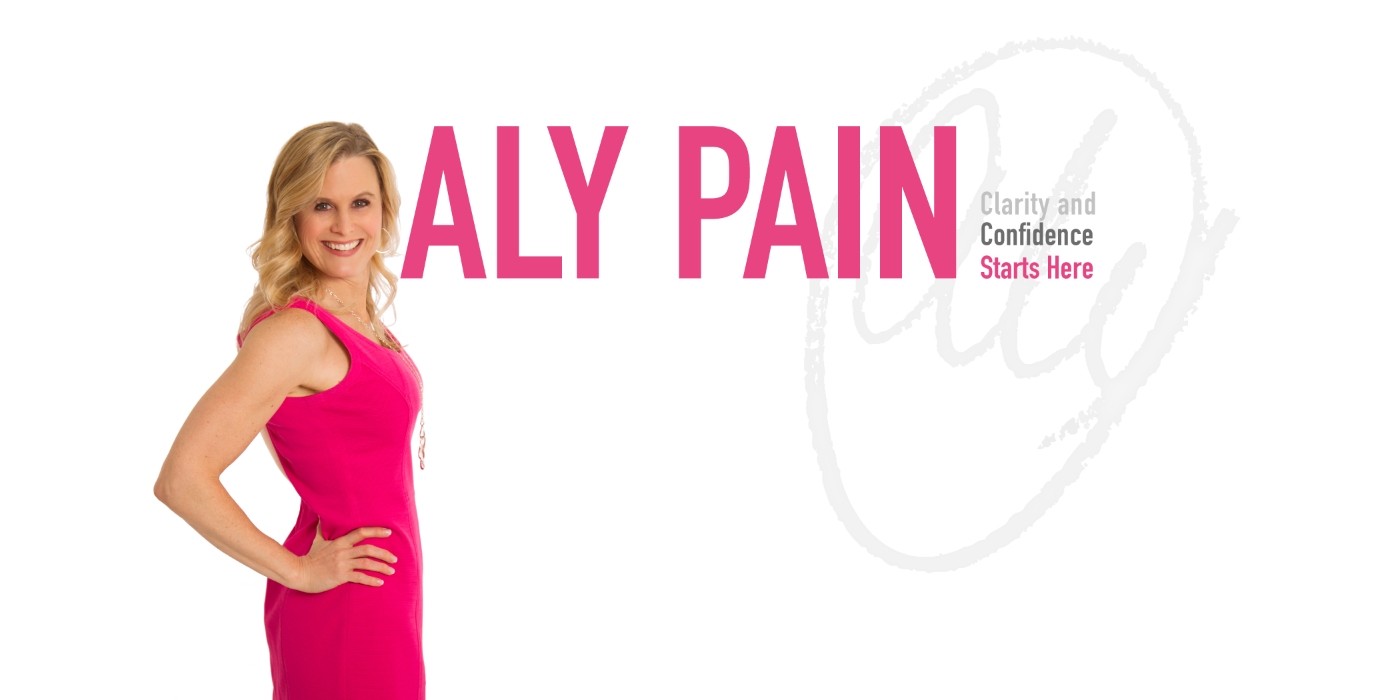 “I don’t want to do it your way!”
“I don’t want to do it your way!”
“Just because you didn’t grow up with (fill in the blank) doesn’t make it wrong!”
“Why can’t you just love me for who I am?”
Insert your whatever else your throws out that has your body tense and prepare for what’s coming next.
Arguing helps your teen develop critical thinking/analysis, strategic thought, independent thoughts and beliefs as their brain is densifying to handle more complex computing. Their emotional brains are more raw and sensitive until early adulthood when the densification is complete.
Even if you knew that, it’s REALLY HARD not to get hooked by your own fight or flight response that quickly puts you in the offense, or defense, whichever feels more powerful.
The power struggle begins
Two brains that are both emotionally triggered and primed for conflict, even a small one, are both looking for one thing.
Being right.
Why? Because being right feels safer, more in control and less vulnerable. Being right meant staying alive for your ancestors.
And being wrong? That meant you were dead. Your primal brain still thinks that’s true, along with the super yucky feelings and beliefs that go with it.
“You’re stupid. You’re not (fill in the blank) enough. You’re too (fill in the blank). You’ll never (fill in the blank)!”
What are you being right about?
EVERYTHING! At least that was true for me. I have a nearly photographic memory, so I AM right! I was using being right as ‘teaching moments’ to correct my kids…about everything. ?
I also used being right as a way to shut down the disagreement or conflict when I felt out of control or afraid. I’d get louder and more right the harder my teens pushed.
The only outcomes of those two strategies were frustration, resentment and disconnection.
What example are you setting?
When your teen doesn’t feel heard or understood, they argue even more! If they think you’re more invested in being right than listening, they won’t feel safe telling you what matters most.
Your teen’s watching how you participate in conflict and are likely going to repeat that in their relationships, just like you watched what your parents did.
What if your teenager IS right?
You’ve already been told how little you ‘get it’ or know about the world and how much more your teen knows. Even though you have more perspective and experience based purely on your age, they DO know more about what it’s like to be a teenager today!
They want validation that they know some things you don’t. They want acknowledgement that they’re maturing and are capable of higher-level thinking and conversations. They banter about beliefs and opinions to clarify their own, even if that’s different from yours.
Don’t engage. Validate and listen.
What would it take to just listen to what your teenager is saying and get curious about that? Maybe it isn’t a discussion or an argument. Maybe your side isn’t as necessary this time.
‘That’s an interesting perspective.’
‘Tell me more about that.’
Of course, all of this happens in a safe container of respect and dignity for everyone. That’s my non-negotiable bottom line.
“Out beyond ideas of wrongdoing and rightdoing there is a field. I’ll meet you there.” – Rumi
| Aly Pain | CPCC, PCC, ORSCC |
| Clarity and Confidence Starts Here |
| Master Coach, Professional Speaker |
| TF. 1-888-885-0324 | O. 250-307-0046 | C. 403-836-8790 |
| aly@alypain.com | www.alypain.com |

